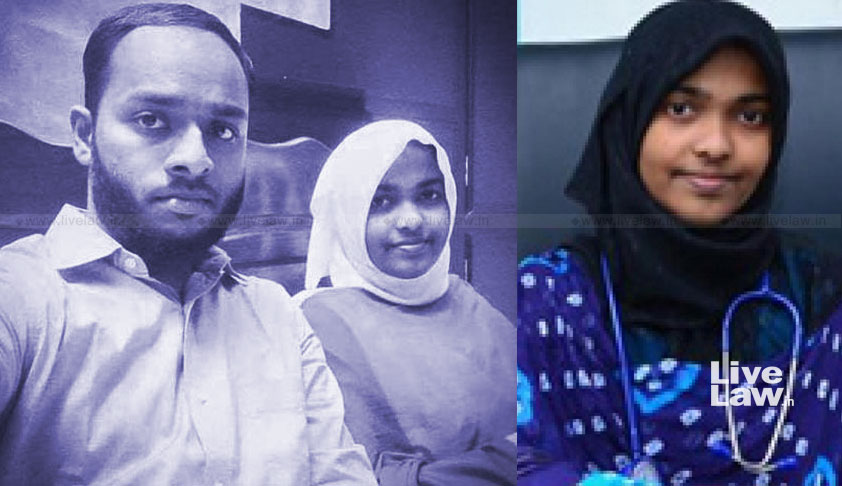The Supreme Court’s order on Wednesday in the hearing of the appeal filed by Shefan Jahan against the Kerala High Court’s order annulling his marriage with Hadiya, (who was known as Akhila, before her conversion) who converted from Hinduism to Islam, is amenable to a curious interpretation.The SC bench of the Chief Justice J.S.Khehar and D.Y.Chandrachud, directed the National...

